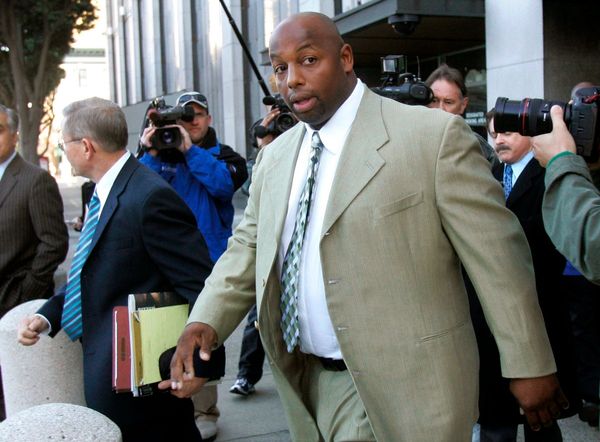
A British cheesemaker has sold his business to a rival firm to regain access to customers in the European Union after Brexit robbed him of an estimated £600,000 in sales.
Simon Spurrell, who made headlines in 2021 when he hit out at prohibitive export costs triggered by the UK’s exit from the single market, remains managing director of the Cheshire Cheese Company but handed ownership to Joseph Heler Cheese, a family-run producer that maintained an EU presence thanks to a distribution centre in the Netherlands.
Spurrell, who is also the director of Hartington Creamery, hopes the move will help the firm regain lost ground on the continent after a two-year absence.
While he is delighted to be resuming EU operations, the businessman said he still cannot fathom the impact the government’s decision to pursue a hard Brexit has had on small firms like his.
“The sad thing is that small businesses like ours cannot have access to the EU,” he told The Guardian.
“Selling the company is a great solution … it secures the future of the company with a historical cheesemaker.
Spurrell said he continues to feel “bitterly disappointed” by the lack of government intervention in what is evidently a dire situation for many business owners.
“They are impotent because of their Brexit policy. They are so anti-Europe they won’t even discuss getting a better deal sorted out,” he added.
After his campaign to highlight the eye-watering post-Brexit cost of exporting Stilton to the continent, Spurrell claims he was told by multiple people that then-prime minister and Brexit architect, Boris Johnson, had referred to him as “that bloody cheese man”.
At the time, he pointed out that the paperwork needed to send orders to the European Union was too expensive to make the business viable.
Spurrell said each parcel, pallet or container of Stilton required a veterinary surgeon certificate costing £180 per destination, despite each order costing only £30.
He said this meant there was “absolutely no way” the dairy could continue with its online sales to the EU.
Spurrell said the paperwork, which he first came across in January after having 60 parcels returned from the EU with “no explanation,” would stifle his profits. And it did.
In 2021, the first year of Brexit trading operations, he lost £240,000 in wholesale and consumer business in Europe and was looking at another hold of £350,000 this year, according to The Guardian.







